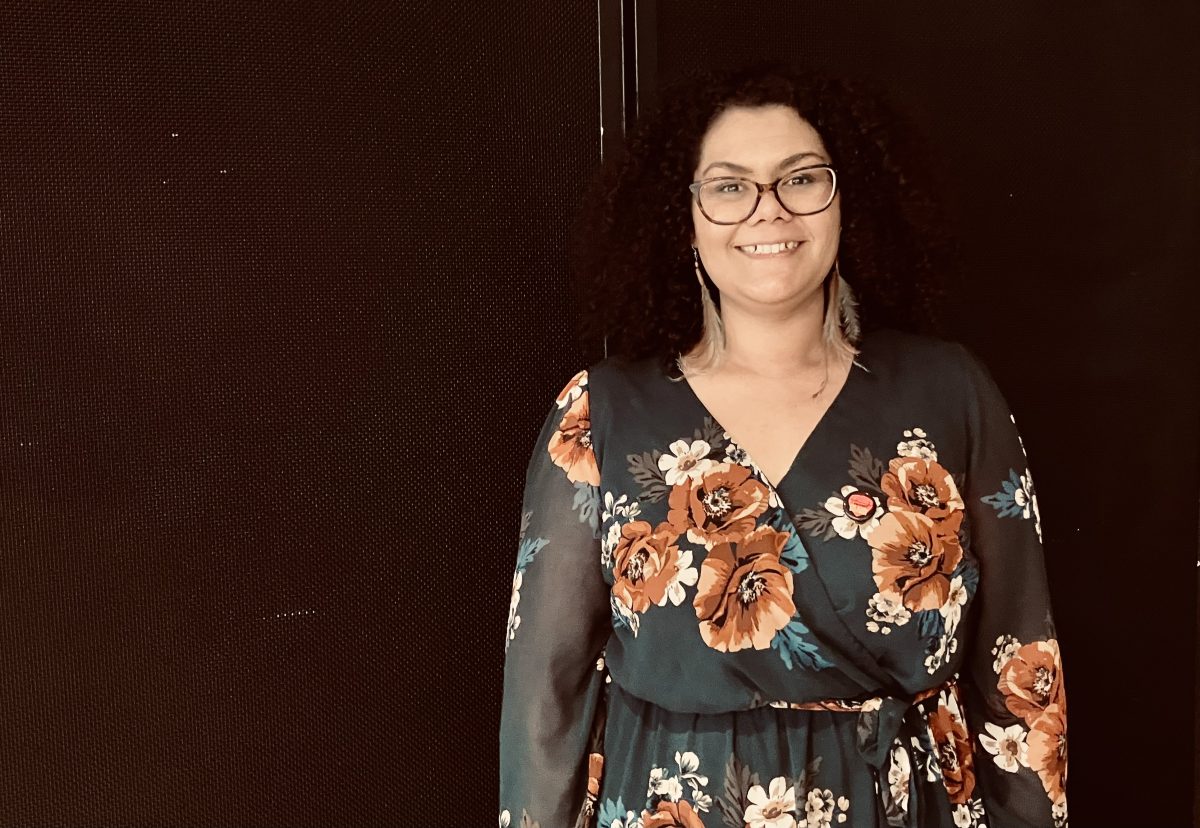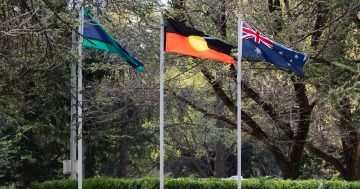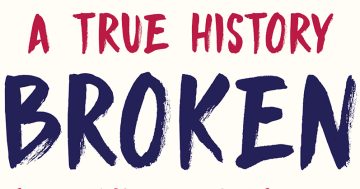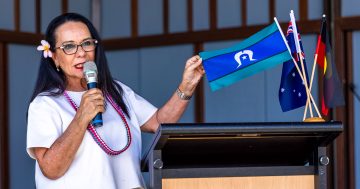
Bridget Cama, co-chair of the Uluru Youth Dialogue. Photo: Region.
As the Federal Parliament’s Voice debate grew increasingly acrimonious this week, barely a kilometre away a young First Nations woman delivered a simple and dignified speech to hundreds of people gathered from around Australia.
Bridget Cama, Wiradjuri woman, lawyer and co-chair of the Uluru Youth Dialogue, delivered a well-received address to the Regions Rising Summit in Canberra’s Hotel Realm.
Her speech was neither emotional or dramatic, but rather well-crafted and pragmatic – and stood in stark contrast to the heated discussion taking place at the despatch boxes on the Hill.
“I don’t want to be having these same conversations in 20 years that we have been having for over 50 years, if not longer,” she told the conference.
“To move forward and to start to heal as as nation, we need to deal with the unfinished business of the past.
“On the 14th of October Australians will be asked to vote on one question. That question is whether or not we recognise Aboriginal and Torres Strait Islander people in the Australian Constitution through a Voice … Unfortunately, there are particular politicians and mischief makers on the No side who are saying there’s not enough detail out there for the Australian people to make an informed decision this question.
“But that is plainly not true. There is enough information out there to make an informed decision.
“Our challenge though is making sure Australians have access to accurate information, both for the democratic process and whatever the outcome is found.”
Ms Cama was a last-minute guest speaker at the Regional Australia Institute’s two-day summit after one of the co-authors of the Uluru Statement from the Heart scheduled to speak had to pull out due to a family tragedy.
Her message was strongly endorsed by the audience of local councillors, entrepreneurs, policymakers and community leaders from around the country.
They had converged on Canberra from the regions, they were mostly not Indigenous, and they were expressing support for the Voice to Parliament.
“You may be confused about the question. There has been a lot of misinformation and a lot of scaremongering,” Ms Cama said.
“This kind of thing has regrettably defined this debate.”
She encouraged everyone to start conversations about the referendum and its question, to build more awareness of the facts before the nation votes.
“What we want is a better quality of life for mob in regional and remote Australia,” she said.
“That means good jobs and good quality housing. It means our kids graduate from school with a good education and have opportunities to lead productive lives … to have families that flourish and are able to contribute.
“Like you, we want our kids and young people to see a future for themselves, where they live – in community. Aboriginal people don’t want to have to move to Canberra or to a big city to have their voices heard. The status quo and the No vote says it’s OK that Aboriginal and Torres Strait Islanders live lives of extreme disadvantage within a wealthy nation …
“If the Yes vote carries, it will be the beginning of a new more positive, more empowered and more equal chapter of this country.”
Meanwhile, up on the Hill shortly after Ms Cama’s speech completed, Indigenous Australians Minister Linda Burney attempted to cut through the interference during Question Time.
“Everyone in this debate should act respectfully and with care for one another,” Ms Burney said.
“This referendum is a once-in-a-generation opportunity to recognise Aboriginal and Torres Strait Islander people in our Constitution. If we miss this moment it is gone forever.
“Recognition should be an issue that is above politics. There are no second chances here. The tone of the debate in this parliament matters. There must be a mutual respect here.
“We must be guided by love and by faith. Love for our fellow Australians and faith in a better future”.
Original Article published by Chris Johnson on Riotact.





